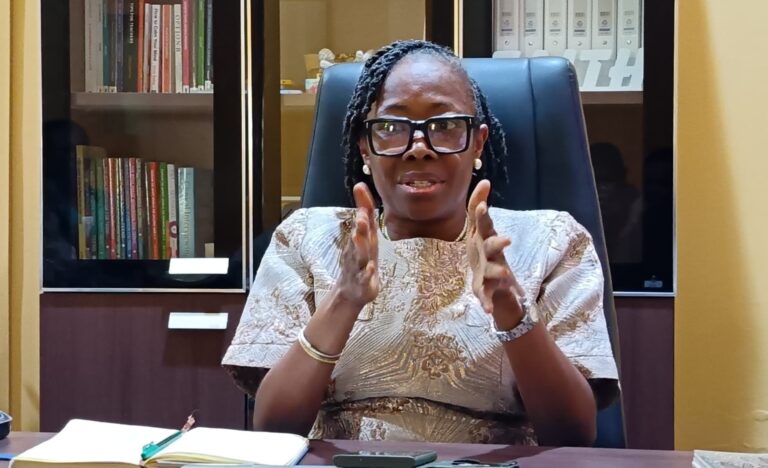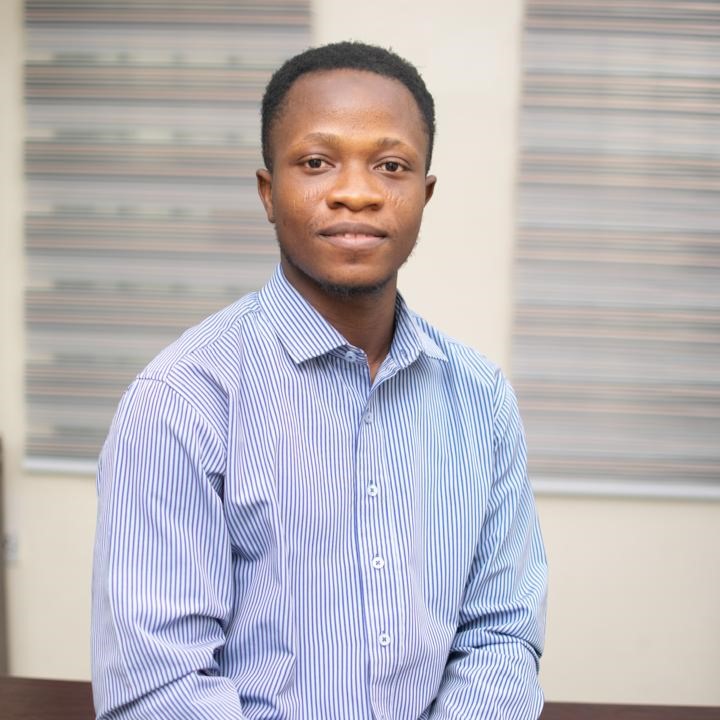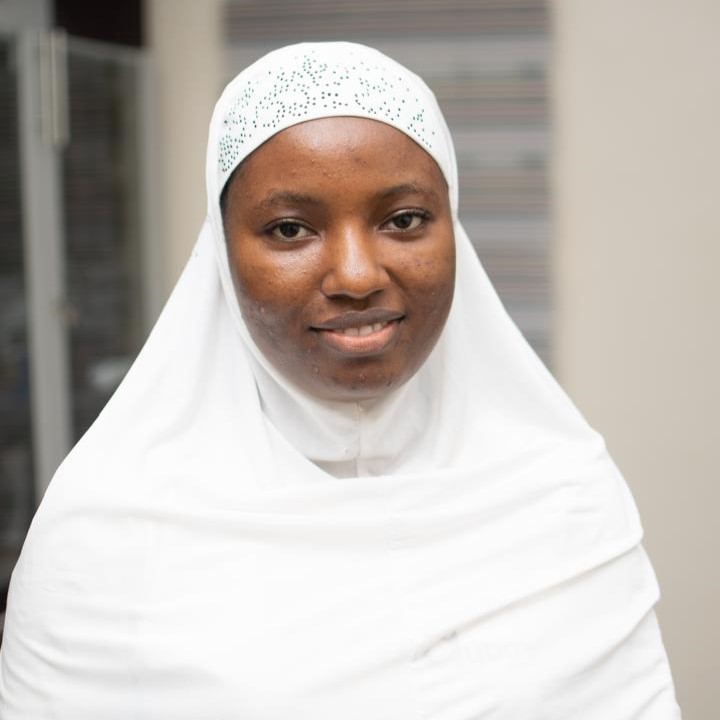In the wake of the federal government’s recent Artificial Intelligence (AI) training for 6,000 secondary school teachers across the nation, seasoned educator Ayoola Akinyeye has called for a more ambitious and systemic overhaul of Nigeria’s education curriculum to put AI at the centre of teaching and learning.
Speaking with a few journalists in Lagos recently, Mrs. Akinyeye, Director of Schools at Chrisland Schools Limited, said the country risks falling behind if it doesn’t fully embrace AI and other emerging technologies in the classroom.
“The world is undergoing a technological revolution, and AI is no longer a futuristic concept, it is the present,” she said.
Need for curriculum reform
The federal government’s nationwide AI teacher training initiative, launched in February by the Ministry of Education through the National Senior Secondary Education Commission, was a landmark step in modernising Nigeria’s education system.
At the flag-off, the Education Minister, Olatunji Alausa stated: “The world is undergoing a technological revolution, and AI is at its core. It is no longer a futuristic concept but a present-day reality, transforming industries, economies, and societies.
“As educators, we must embrace this evolution and ensure our education sector is not left behind.”
However, Mrs. Akinyeye believes this is only the beginning, explaining that “training teachers is critical, but it must be accompanied by a curriculum overhaul. We need to move from using AI merely as a teaching aid to making it a foundational component of what and how we teach.”
Learning from global leaders
Citing global best practices, Mrs Akinyeye urged policymakers to draw lessons from countries such as China, Finland, and the United Arab Emirates (UAE), which have successfully integrated AI into their national education strategies.
She emphasised the importance of localisation, warning that a wholesale adoption of foreign curricula without adapting them to Nigeria’s unique realities risks rendering them irrelevant.
“At Chrisland Schools, we combine the Nigerian and British curricula but contextualise content to reflect our environment. That is what real reform should look like,” she added.
She further explained that although Nigeria’s curriculum is broad in scope, it lacks the depth found in many international systems.
The solution, she said, is to blend Nigeria’s rich curriculum with deep, exploratory learning, particularly in technology and AI.
Mrs. Akinteye explained that Chrisland has begun adopting a hybrid approach, combining the depth of the British curriculum with the scope of the Nigerian system, while ensuring all content is contextualised for local realities.
“In primary school, we use the British curriculum for English because it offers a stronger scheme of work. However, we contextualise the stories and methods to reflect our environment.
“The Nigerian maths curriculum is quite rigorous. So, we are keeping that but incorporating advanced methodologies from the UK to deepen students’ understanding,” she said.
According to her, the major flaw in the Nigerian curriculum is its lack of depth, explaining that the international systems often cover fewer topics but with greater exploration.
“What Nigeria lacks in depth, we make up for in scope,” she noted, suggesting that the best approach would be to give the Nigerian curriculum the depth found in the British’s curriculum.”
Taking lead
To lead the way in bridging the gaps, Mrs. Akinyeye said Chrisland Schools is developing a new AI-driven curriculum, dubbed Chrisland Curriculum Plus, which will be deployed by the 2026/2027 academic session.
According to her, the initiative will be spearheaded by the soon-to-launch Chrisland Teachers Academy, which will be responsible for designing and implementing the new learning model.
“I’m not talking about using ChatGPT to do assignments,” Akinyeye clarified. “I’m talking about a system where AI and technology are embedded into the heart of what students learn, from primary through secondary school.”
Ethical concerns
As both basic and secondary schools embrace innovation, Nigeria’s tertiary institutions are also stepping up. In February, the University of Lagos (UNILAG) announced plans to introduce a policy on the ethical use of AI in academia.
The Deputy Vice-Chancellor for Academics and Research, Bola Oboh, a professor, emphasised that the aim is to enhance critical thinking while curbing plagiarism.
At a related workshop, Fulbright Specialist, Russell Porter of Texas A&M University reinforced the importance of balancing AI innovation with academic integrity.
Meanwhile, the African School of Economics and Galaxy Backbone Limited have also joined the conversation, with their leaders advocating for responsible AI adoption to improve education standards across Africa.



